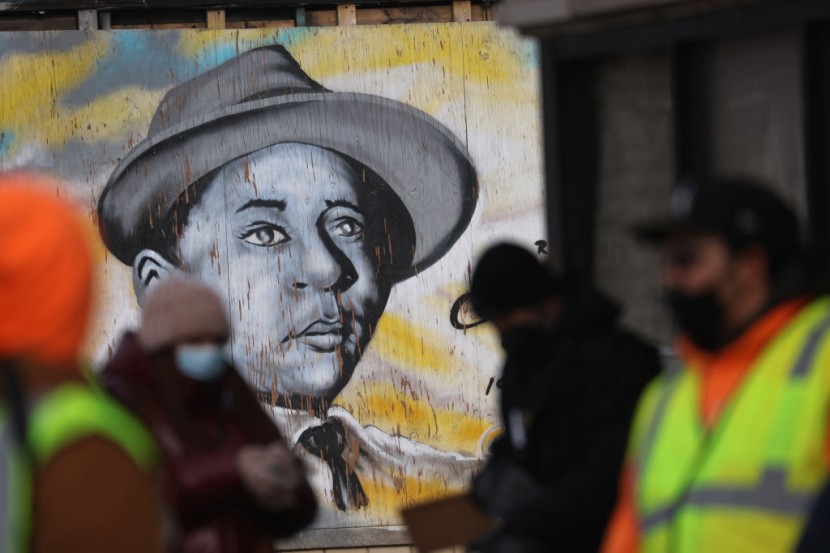
On Monday, Congress gave final approval to legislation that would make lynching a federal hate crime in the United States for the first time. The bill is anticipated to be signed into law by President Joe Biden.
The Emmett Till Anti-Lynching Act, which has been in the works for years, is one of over 200 anti-lynching bills submitted in the United States during the previous century.
Sen. Chuck Schumer Expresses Happiness for Passing the Bill
It's named after a Black boy whose gruesome murder in Mississippi in 1955 - and his mother's demand for an open coffin to show the world what happened to her child - became a watershed moment in the Civil Rights movement.
According to the bill's creator, Rep. Bobby Rush, D-Illinois, when a conspiracy to conduct a hate crime ends in death or significant physical damage, the offense can be prosecuted as a lynching. The maximum sentence under the Anti-Lynching Act is 30 years in jail.
In 2020, the House passed a similar bill by a large margin, but it was defeated in the Senate. The House overwhelmingly adopted a revised version last week, and the Senate unanimously ratified the bill late Monday, NBC News reported. The bill was passed by the House by a vote of 422-3 last week. For years, activists have fought relentlessly to gain congressional permission to make lynching a hate crime.
After the vote, Senate Majority Leader Chuck Schumer proclaimed his excitement on the Senate floor. The bill is named after Emmett Till, a 14-year-old Chicago teen who was kidnapped, tortured, and murdered by racists in 1955 while visiting family in Money, Mississippi.
Carolyn Bryant, a white lady whose husband killed Till with another man, accused the kid of upsetting her. Bryant, who is still alive today, has since recanted her account and has never suffered any consequences as a result of her claims. Till's murder and his mother Mamie Till's demand on an open casket funeral for her son became an international rallying cry to call attention to the Jim Crow South's crimes and terror, according to Washington Informer.
Lynching as Hate Crime May Cost 30 Years Imprisonment
The bill expressly alters the federal government's primary criminal code to include lynching as a hate crime, and anyone convicted of plotting to commit the crime resulting in death or serious physical damage faces a maximum sentence of 30 years in prison.
The NAACP stated on its website that the instrument of lynching was the public execution of a person who had not gone through the legal system, and that it was used by White people to terrorize and control Black people in the United States, particularly in the South, during the 19th and 20th centuries.
Mamie Till-Mobley, his mother, desired an open coffin at his burial so that the more than 50,000 people in attendance might witness the atrocities that had been perpetrated against her son. An image of the slain kid laying in his casket was essential in rallying civil rights advocates.
According to the NAACP, there were 4,743 lynchings in the United States between 1882 and 1968. The bill being brought to Biden's desk comes after Senate members passed a bill earlier this year to posthumously give Emmett Till and his mother the Congressional Gold Medal, the United States' highest civilian honor. The highest civilian accolade bestowed by Congress, as per UPI.
Related Article : Biden Signs Bill Banning Forced Arbitration for Cases of Sexual Assault, Harassment Into Law
@YouTube








